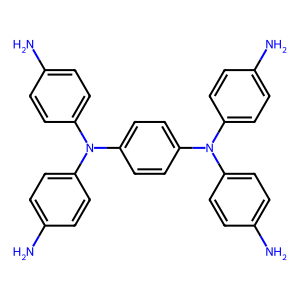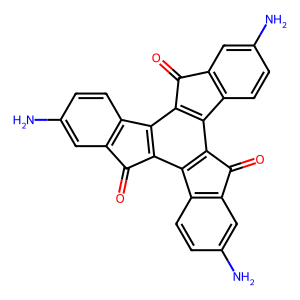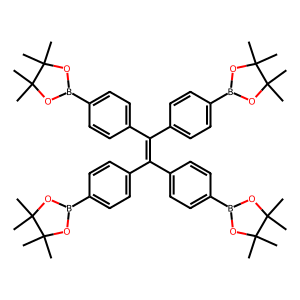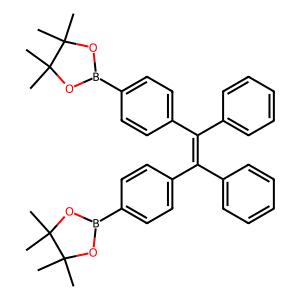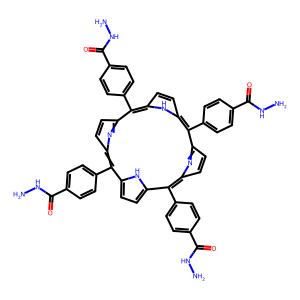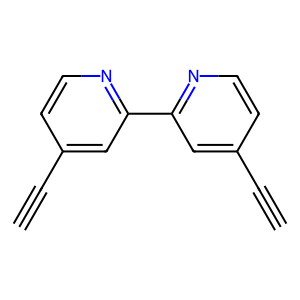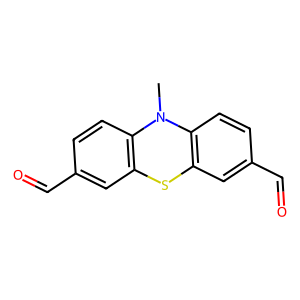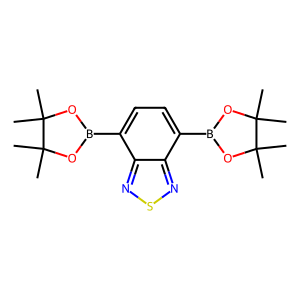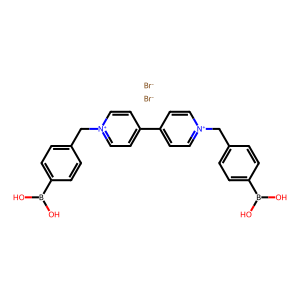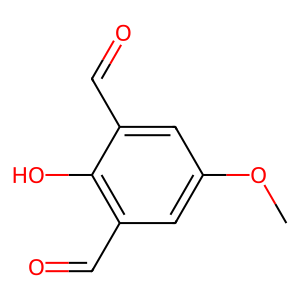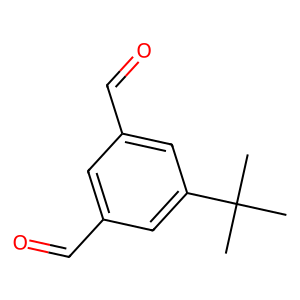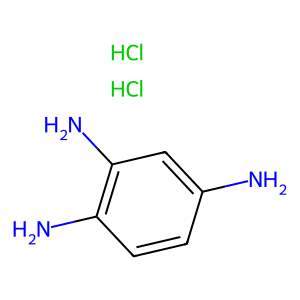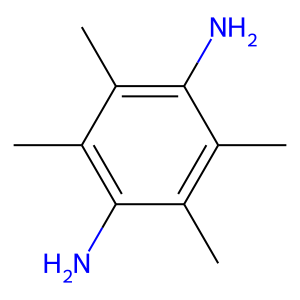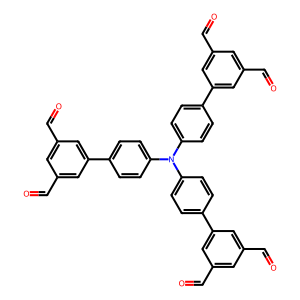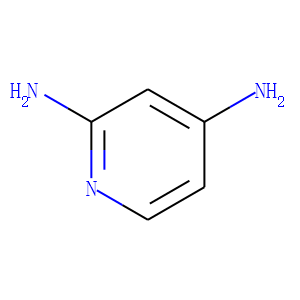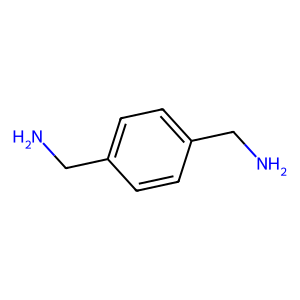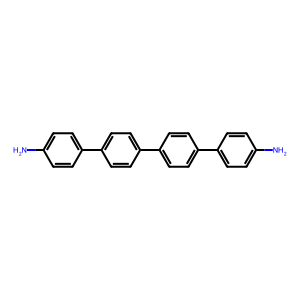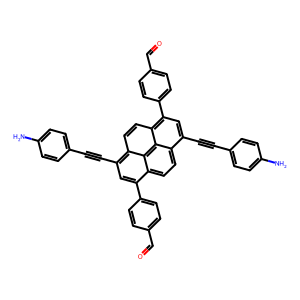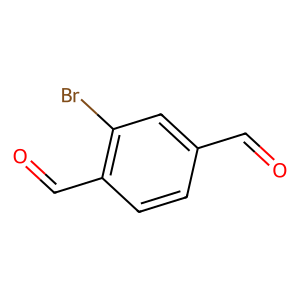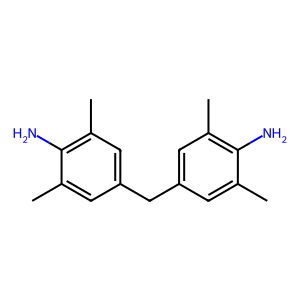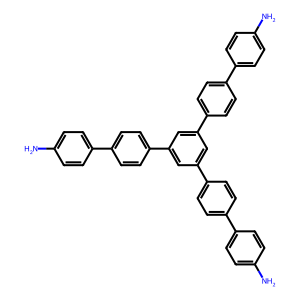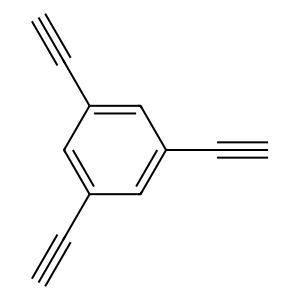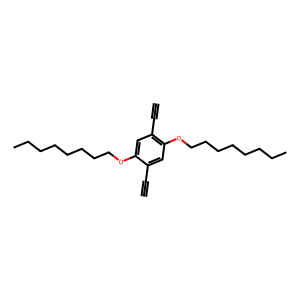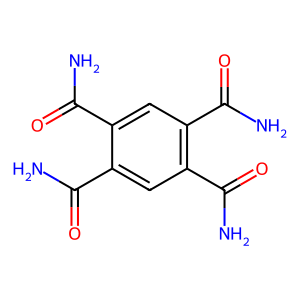Immunology/Inflammation
The immune system is a system with complex structures and processes. It is a host defense system composed of many biological structures and processes in the body to defend against diseases. The immune system protects us from infection through various lines of defense. If the immune system doesn't work properly, it can lead to diseases such as autoimmunity, allergies, and cancer. Inflammation is triggered when innate immune cells detect infection or tissue damage. Inflammation is also the body's attempt to protect itself to remove harmful stimuli and begin the healing process. Dysregulation of inflammation is a major disease of the body and underlies many human diseases. Chronic inflammation is a key driver of immune dysfunction, premature onset of aging-related diseases, and immune deficiency. The immune system is associated with dysregulation of inflammatory responses, manifested as allergic reactions and certain myopathies, and many immune system disorders lead to abnormal inflammation. At present, it is relatively certain that immunosuppressive drugs can suppress or reduce the strength of the body's immune system and have been used to treat organ transplants or autoimmune diseases.

